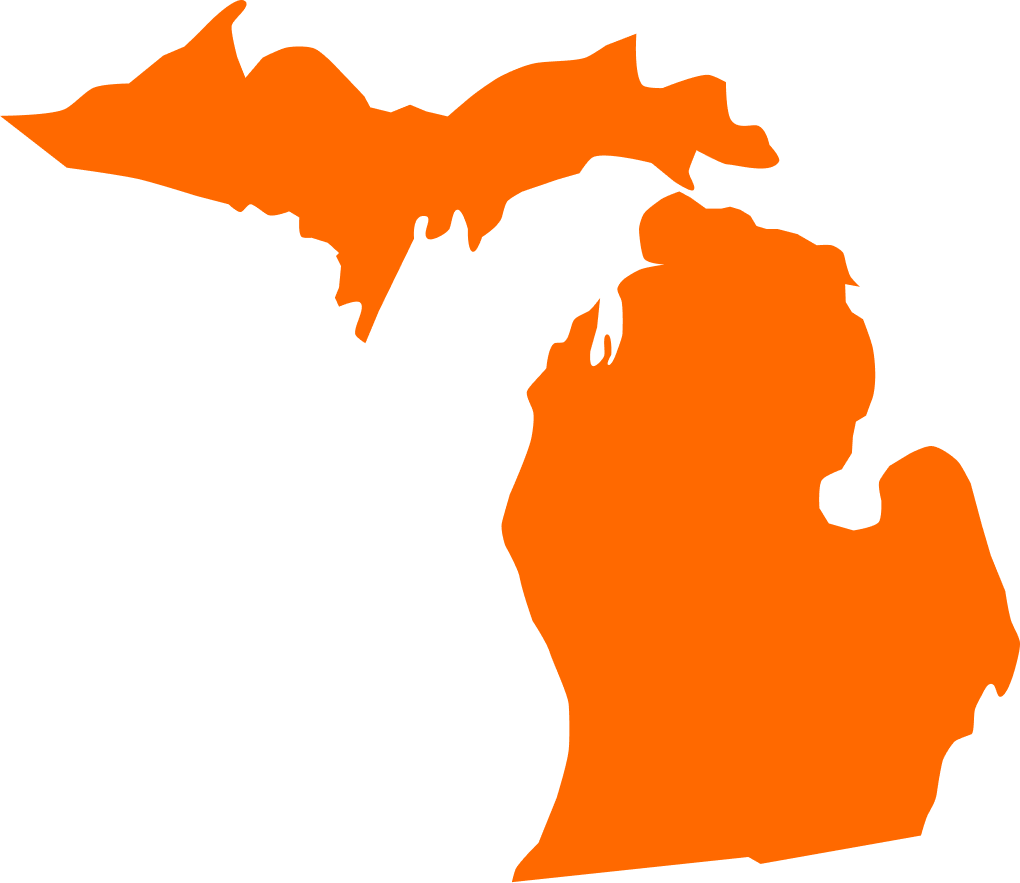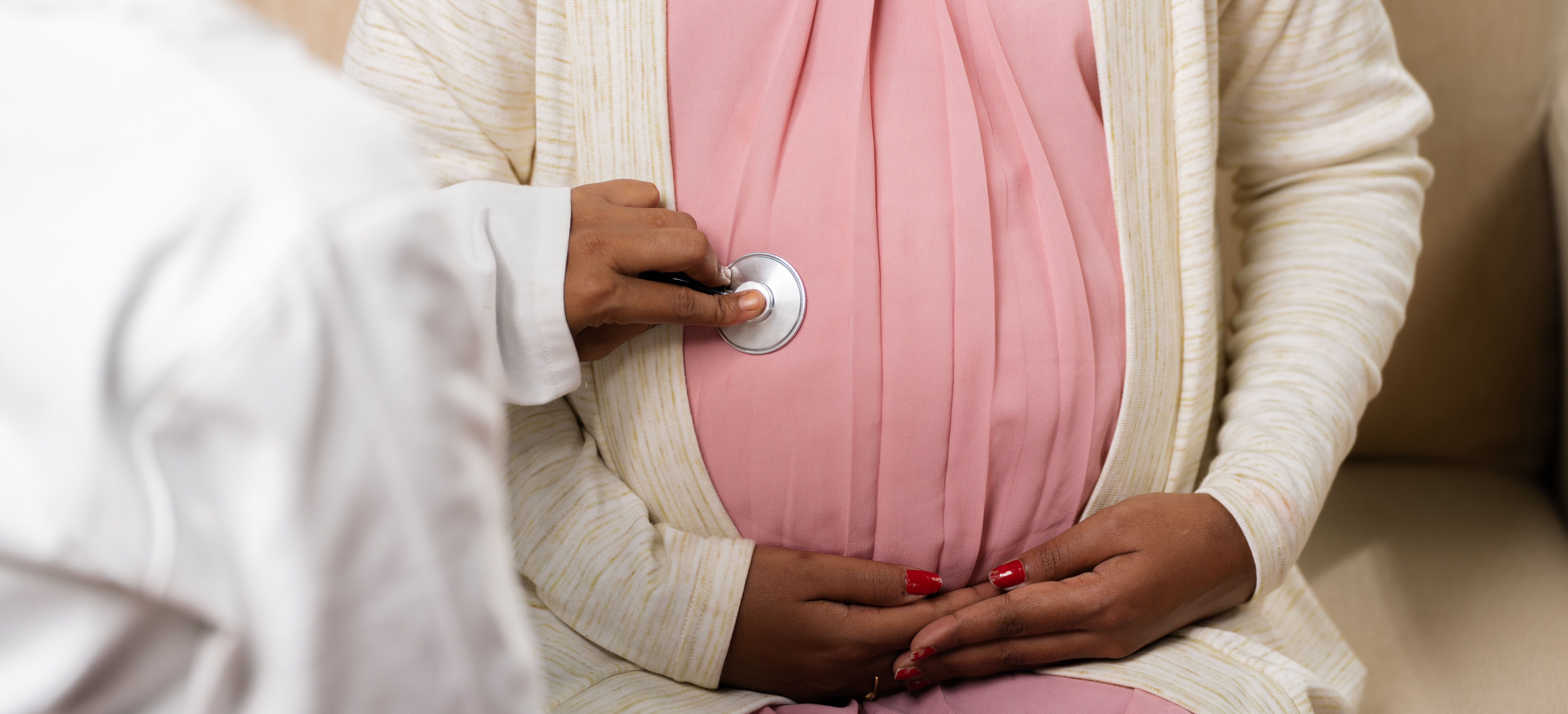
MIRACLE
Michigan State University & Henry Ford Health
The Multilevel Interventions for Maternal Health and Disparities (MIRACLE) Center of Excellence at Henry Ford Health & Michigan State University Health Sciences is an NIH-funded Maternal Health Research Center of Excellence committed to advancing women’s health and reducing health disparities.
Michigan State University
Contact
-
Co-Principal Investigator: Dr. Cristian Ioan Meghea
-
Co-Principal Investigator: Dr. Jennifer E Johnson
-
Co-Principal Investigator: Peggy Vander Meulen
-
Center Coordinator: Jennifer Raffo

At a Glance
3
Research Projects
50+
Community Partners
Research Topics- Pregnancy related and associated morbidity and mortality
- Multilevel interventions
Status
Research activities started
Overarching Aims
To evaluate the effectiveness, cost effectiveness, implementation and population-wide impact of innovative and culturally relevant multilevel interventions to eliminate pregnancy-related and pregnancy-associated maternal morbidity and mortality disparities (PRAMM)
To generate and scale innovative approaches and partnerships for eliminating PRAMM disparities.
Research Project Details
Multilevel community-centered intervention to reduce pregnancy-related and -associated morbidity and mortality (PRAMM) and disparities among populations disproportionately affected
This project is the first large-scale test of a home visiting program that integrates community health workers to focus on PRAMM and health disparities issues, including comorbid conditions. It will address patient-provider interactions from provider and patient perspectives. The project will evaluate the effectiveness of the intervention as well as its cost-effectiveness.
High reach, multilevel digital intervention for pregnancy-related and -associated morbidity and mortality (PRAMM) and disparities
This project builds upon an existing digital platform, which provides universal digital screening for health risks, brief motivational intervention, and referral to services. This project will extend the platform to develop and test the effectiveness of this technology-enabled approach to reduce PRAMM and disparities among populations disproportionately affected. The project will evaluate the program’s effects using a cluster randomized design in 10 geographically diverse antenatal care clinics throughout Michigan.
Scale-up implementation approaches to reducing pregnancy-related and -associated morbidity and mortality (PRAMM) disparities
This project will create and test a plan to expand the Alliance for Innovation on Maternal Health—Community Care Initiative's (AIM-CCI)* patient safety bundles for outpatient and community care. We will reach 12 Michigan counties, serving nearly 6 million people, while evaluating both the effectiveness of the plan and its cost.
*AIM-CCI is focused on improving maternal health outcomes through the use of Maternal Safety Bundles in non-hospital settings. AIM-CCI is a federally funded project, created through a cooperative agreement with the Health Resources and Services Administration (HRSA) and the National Healthy Start Association.
Key Maternal Health Indicators: Michigan
-
99,124
live births in 2023 1
-
33.2%
of births were cesarean deliveries 1
-
10.3%
of births were preterm 1
-
37.2%
of deliveries were covered by Medicaid 1
-
941
women with life-threatening complications per every 100,000 births 2
-
43.2
women die from pregnancy complications per every 100,000 births 3
-
2.2x
more Black women die from pregnancy complications than White women 3
-
Top-3 causes
of pregnancy-related deaths: infection, thrombotic embolism, and substance use disorder3
-
4.6%
of women are without a birthing hospital within 30 minutes 4
-
77.0%
of birthing women start prenatal care in the 1st trimester 1
-
53.8
women die from pregnancy-associated, not related causes, per every 100,000 births 5
-
Top-3 causes
of pregnancy-associated, not related deaths: substance use disorder, medical, and homicide 5
Partner Organizations
- Corewell Health
- Henry Ford Health
- Detroit Maternal, Child and Family Health Alliance, comprised of 30+ organizations
- Strong Beginnings, a partnership of 7 community agencies
- Flint Community Based Organization Partners (CBOP)
- Flint Odyssey House Health Awareness Center
- Flint Innovation Solutions
- Michigan Department of Health and Human Services
- Women-Inspired Neighborhood (WIN) Network
- Hurley Medical Center
- Munson Healthcare
- MyMichigan Health
- Wayne State University
- Michigan Community Health Worker Alliance
- McLaren Medical Group
- Revive Community Health Center
A Community Advisory Board has also been developed with a broad stakeholder group to act as full partners in increasing the relevance and reach of Center activities.
“The MIRACLE Center will test multiple community-informed interventions to eliminate the disparities in illness and death that occur during pregnancy and postpartum. The center is built on partnerships among university researchers, doctors, nurses, other clinical practitioners, community health workers, and brings community and pregnant women's perspectives and voices into all phases of the research."

Our Work
References
- Data are from 2023 live births occurring within the state. Cesarean deliveries are the percentage of live births where the final route and method of delivery was cesarean. Preterm births are the percentage of live births where the gestational age at birth was less than 37 weeks. Medicaid coverage is the percentage of live births where the source of payment for the delivery hospitalization was Medicaid. Prenatal care in the 1st trimester is the percentage of live births where the first prenatal appointment occurred between the 1st and 3rd month of pregnancy.
Source: Centers for Disease Control and Prevention, National Center for Health Statistics. National Vital Statistics System, Natality on CDC WONDER Online Database. - Life threatening complications are deliveries with a diagnosis or procedure code indicating severe maternal morbidity. Information reported for 2020.
Source: Agency for Healthcare Research and Quality, Healthcare Cost and Utilization Project, State Inpatient Databases 2010 to 2021. - Number of deaths is based on pregnancy-related deaths in 2020. The difference in rate of pregnancy-related deaths between Black and White women and top 3 causes of pregnancy-related deaths are based on deaths in 2016-2020. Pregnancy-related deaths include deaths during or within a year of pregnancy from causes related to or aggravated by the pregnancy or its management.
Source: Michigan Department of Health & Human Services, Michigan Maternal Mortality Surveillance Program. Maternal Deaths in Michigan, 2016-2020. - March of Dimes Maternity Care Deserts Report 2023.
- Number of deaths is based on pregnancy-associated, not related deaths in 2020. Top 3 causes of pregnancy-associated, not related deaths are based on deaths in 2016-2020. Pregnancy-associated, not related deaths include deaths during or within one year of pregnancy unrelated to the pregnancy.
Source: Michigan Department of Health & Human Services, Michigan Maternal Mortality Surveillance Program. Maternal Deaths in Michigan, 2016-2020.


